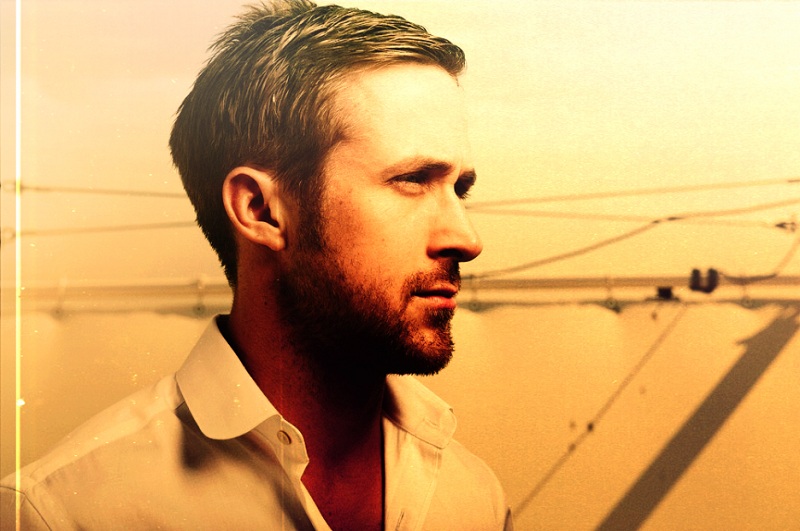The man known as the Machine Gun Preacher doesn’t consider himself a violent person.
“I will do whatever it takes to rescue a child. If it takes standing up to protect someone, I’m not going to use the word violence,” says Sam Childers, the subject of the new Gerard Butler film “Machine Gun Preacher.”

The movie, directed by “Quantum of Solace’s” Marc Forster, recalls Childers’ stunning transformation from drug addled ex-con to a preacher who risks his life to save Sudanese children from the LRA. The film co-stars Michael Shannon, Kathy Baker and Michelle Monaghan as Childers’ patient wife Lynn. And yes, the titular preacher is packing some serious heat.
Childers, a stocky gent with a handlebar mustache and a no-nonsense stare, says his brush with fame happened slowly enough to let him process it on his own terms.
A 2005 segment on “Dateline NBC” first introduced Childers to the public, and suddenly he was besieged by offers to write about his remarkable life. “Another Man’s War: The True Story of One Man’s Battle to Save Children in the Sudan” let Childers share his saga in print, but he approached a screen version of his life with caution.
His travails may have proven irresistible to Hollywood, but he wasn’t immediately comfortable with “Preacher” screenwriter Jason Keller. That changed after Keller all but moved in with Childers’ family in Central City, Pa. But even when A-list talent like Butler and Forster came on board Childers’ cynicism meter still hit red. It took a screening of the finished film in August to reassure him his story survived the transition to the big screen, complete with the expected Hollywood flourishes.
Audiences will be shocked to see children being obliterated by land mines in the film along with other atrocities mirroring the situation Childers faced in Africa. The Pennsylvania native found watching Butler re-enact his early drug days just as difficult to watch. He’s seen the film 10 times so far and always tears up during the sequences prior to his character’s religious awakening.
“You think of all the other people you hurt. That’s the hardest on me,” he explains.
Childers’ current work stretches far beyond his orphanage in Sudan. He currently has similar projects underway in Uganda and Ethiopia as well as a campground in Pennsylvania which helps troubled youth.
“We’re about rescuing children around the world,” he says. And, if one sees the movie and wants to give back, Childers has a suggestion.
“I live in a very country home. If you’re gonna write me out a check I’d love for you to come to my house first before you write it,” he says. Childers has little patience for nonprofits where the leaders take home exorbitant salaries.
“I know [nonprofit] organizations right now where the people make a quarter of a million dollars, even half a million dollars [in salary],” he says. “That’s where your money is going.”
Childers isn’t a television junkie – “I watch ‘Cops’ now and then to see if I see if any of my old friends are on there” – and he didn’t know who Butler was before the actor signed on to play him. His coarse Pennsylvania accent is impossible to miss, and he favors sleeveless shirts to better show off his tattoos – including a Machine Gun Preacher logo on his right shoulder.
But being a part of the new film helped him debunk stereotypes he had about the film industry.
“I learned to love a whole different category of people through all this,” he says. “In my mind I thought I could never have a relationship with people from Hollywood, and I learned that I can.”
Childers doesn’t embrace his violent past, nor the battles he’s been forced to participate in to protect the children in his orphanages. And he’s under no delusion that the good Lord prefers to see him wielding an automatic weapon.
“Does God condone violence? Absolutely no,” he says. But he recalls a chapter in Jesus’ resurrection that gives him some comfort that he’s doing the right thing.
“When Jesus was resurrected after he was crucified he told his disciples for the last time I’m sending yunz out. Take an extra pair of shoes, take extra clothing, take a coat, take a money’s bag. But if you don’t have a sword sell your coat and buy one. What was that for?” Childers asks.
“He doesn’t condone violence but he doesn’t want to see us pushed around and to see people persecuted or killed or children killed. I would never stand behind a pulpit and say what I do Christ condones. But why am I still alive?
COMMENTS
Please let us know if you're having issues with commenting.